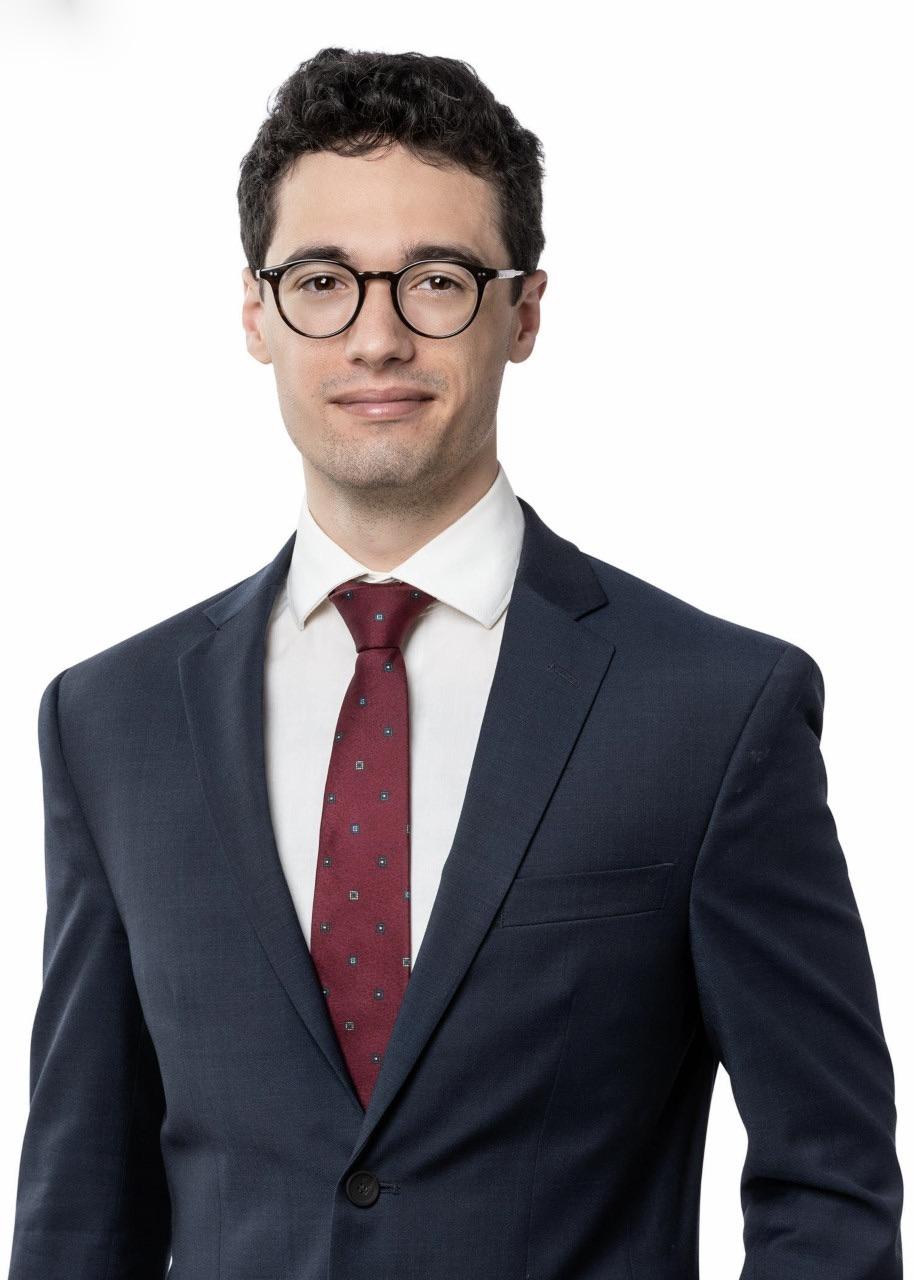Hailing from around the world, McGill’s valedictorians are a diverse, multitalented group. When they came to the University, they brought with them their unique backgrounds, passions and ambitions. While they all praise the education they received at McGill, one thing is certain, the University has benefitted just as much for having them as valuable, contributing members of our community.
These outstanding students have earned the respect of the peers who they represent through their strong academic performance, leadership and commitment to making the University – and the world – a better place.
For the Spring 2021 Convocation, the Reporter continued its tradition of interviewing the newest group of McGill valedictorians.
In the fourth instalment of the series, we feature Alec Sader, one of two valedictorians for the Faculty of Law. You can watch the Faculty’s virtual convocation ceremony here.

What is your hometown?
Saint-Lambert, QC
Why did you choose McGill?
I chose McGill specifically for its law program and strength in legal theory. Knowing that the Law Faculty boasted experts in Indigenous law, and having the opportunity to earn a dual degree in Civil Law and Common Law, McGill was the perfect place for me to enjoy my studies while also earning a useful degree.
What are some of the highlights of your time as a McGill student?
Skit Nite stands out as a main highlight given that it’s a lighthearted and fun event. Helping teach constitutional law was another highlight; it allowed me to meet and connect with first-year students while I was in my final year: it ended my law school experience in a good way.
Three favourite places on McGill/Mac campus?
The New Chancellor Day Hall atrium, Thompson House, and wherever we’re hosting Skit Nite that year.
What were some of the biggest challenges you faced during your time here and how did you overcome them?
Imposter syndrome was difficult throughout the program. It was relieved in my fourth year, during which I had more responsibilities relating to incoming students. Giving back to the Faculty refocused my attention to values that had often been left aside by angst and stress. The support system I was lucky to have helped me overcome challenges I faced.
What’s next for you, both short and long term?
I am very happy in the position I am in, working for a firm in Montreal that, amongst others, has a strong Indigenous Law practice. I see myself working in that firm long term. I would like to pursue a Masters in order to specialize in an area useful to my practice. Long term, I would like to be a lecturer at a law faculty, while continuing to practice law.
Tell me about your Faculty and your classmates. How important have they been to your overall McGill experience?
I probably learned more talking to classmates than attending class. My classmates were often intimidating (never intentionally) and always inspiring. Most tangibly, they made me a better person, and I am forever grateful to them for that.
Who or what will you miss most?
In a way, I’ll “miss” not having had an in-person convocation: as a university student, there’s an expectation that you will have the opportunity to share memories with those you’ve studied with for three, three and a half, or four years before you part ways. In a more concrete way, I’ll miss my classmates, my professors, and others such as our librarians and the kind people who worked at the Faculty cafeteria. I’ll miss conversations with friends, getting drinks and coffee, and the poetry nights the poetry and botany club organized. What isn’t there to miss, really?
What advice do you have for new students to McGill?
Enjoy the time you have with your classmates, and listen to what they have to share with you. Don’t put too much value in your grades, and don’t worry if you’re not “getting it” right out of the gate: feeling lost is a product of legal thinking being a different kind of thinking than what you are used to. Overall, remember that you got into McGill mainly because of who you are; don’t jeopardize that for what you think McGill, its professors, and the legal institution want of you.
What are your plans for virtual convocation?
I look forward to speaking with Bianca, a great friend who I have increasingly grown close to during the last four years. I also hope to see people I will otherwise not see for a while.
What are some of the biggest challenges facing the world today? How confident are you that we can address these challenges and make a difference?
There’s a lot I would say, but I think settler colonialism encompasses most of that. Patrick Wolfe wrote that colonialism is a structure, not an event, and until that structure’s roots are challenged, sustainable change will remain metaphorical, and entanglement with contradictions and cognitive dissonance will remain inevitable. Indigenous law revitalization, I think, has to be the cornerstone, at least in Canada, of any challenge to settler colonialism, and I am hopeful that this will be possible, though it will require settlers to partake in the challenge.
